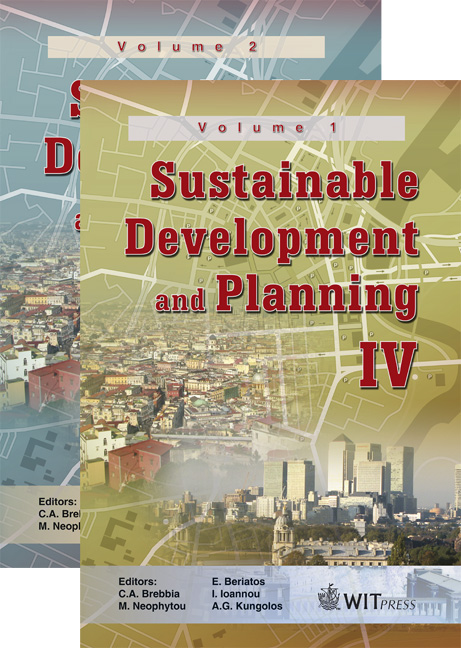Use Of Crushed Fired Clay Ceramics In The Production Of Mortars
Price
Free (open access)
Transaction
Volume
120
Pages
8
Page Range
257 - 264
Published
2009
Size
731 kb
Paper DOI
10.2495/SDP090251
Copyright
WIT Press
Author(s)
I. Ioannou, A. Ilia & M. Philokyprou
Abstract
Construction and demolition waste (CDW) constitutes a major portion of total solid waste production in the world. While in many countries reuse and recycling of construction materials is well established, in other countries, including Cyprus, most CDW is landfilled together with municipal solid waste (MSW). Given the scarcity of landfill space and the increasing costs of improved environmental protection involved in contemporary landfill engineering and management, it is obvious that action to reuse or recycle construction materials will positively address the environmental impact of the local construction industry. In this paper we present the results of a laboratory study on the use of crushed fired clay ceramics, as a replacement for cement, in the production of mortars. We report on the physico-mechanical characteristics of these mortars and we reveal the most important factors that determine their strength and workability. Keywords: fired clay ceramics, mortars, porosity, compressive strength, flexural strength. 1 Introduction Construction and demolition waste (CDW) constitutes a major portion of total solid waste production in the world. In the United States, the annual CDW production exceeds 136 million tons [1], while in Europe, it accounts for approximately 40-50% of the entire waste stream [2]. The increasing production of CDW causes severe ecological and environmental problems. In order to solve
Keywords
fired clay ceramics, mortars, porosity, compressive strength, flexural strength.





